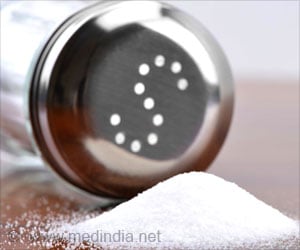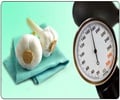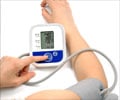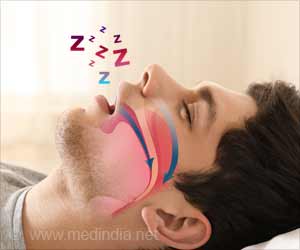Home blood pressure monitoring may have contributed to rise in emergency visits for hypertension, finds study.
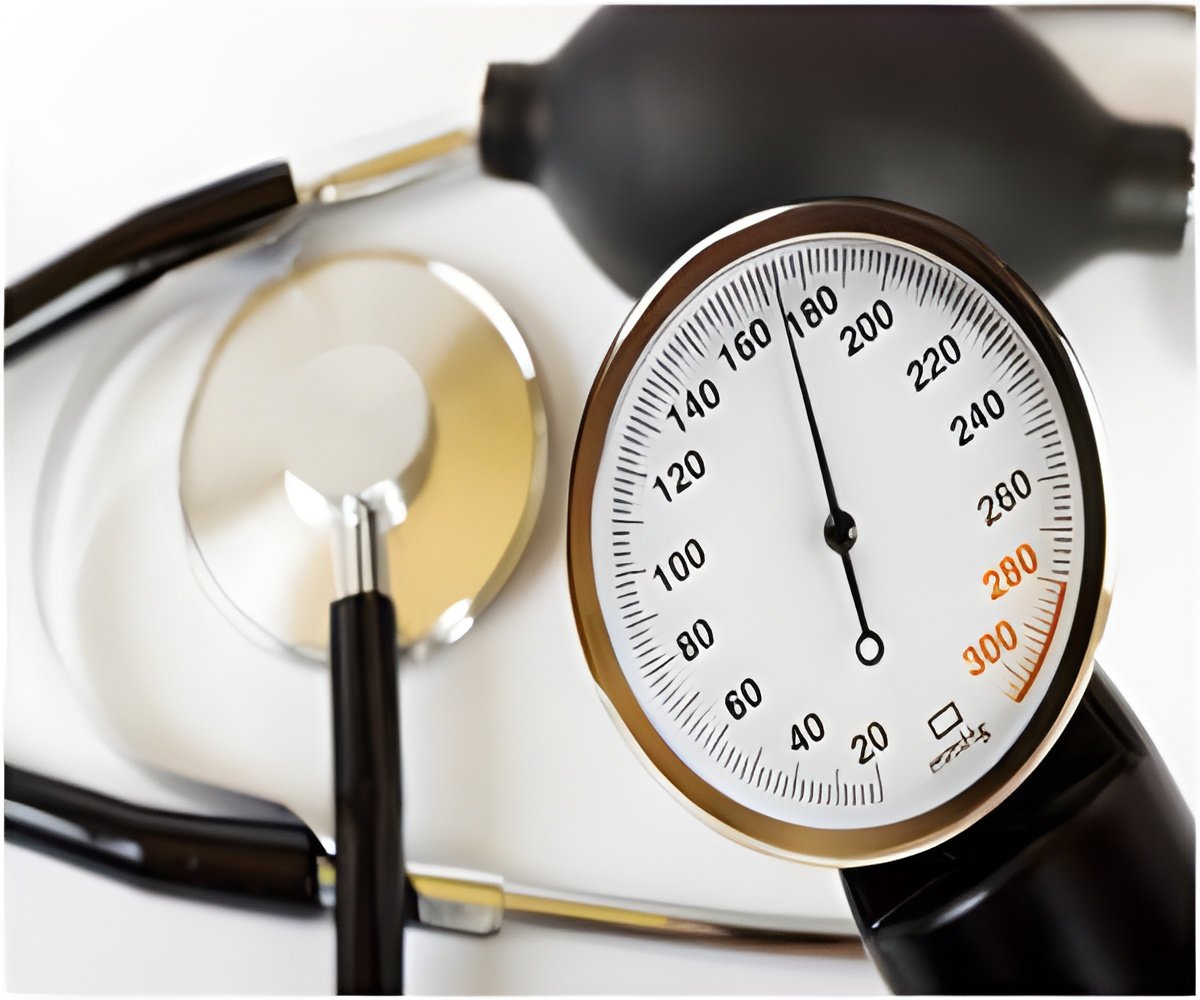
‘Increased public awareness about health conditions, encourages people to monitor their own blood pressure at home. But even a minor deviation from the normal range, are driving them to visit emergency departments in hospitals, despite the absence of other major underlying conditions.’





The study published online in the journal Annals of Emergency Medicine analyzed the emergency department visits in the province of Ontario from 2002 to 2012. During this period the visit to hospitals for hypertension increased by 64% from 15,793 to 25,950 per year but the hospitalization decreased by 28 per cent from 9.9 per cent to 7.1 per cent, the researchers said. “We encourage patients to monitor their blood pressure at home if they have been diagnosed with hypertension, but not every high blood pressure reading is an emergency,” said lead study author Clare Atzema, an emergency physician at Sunnybrook Health Sciences Centre in Canada. “Some of the increase in emergency visits is due to the ageing of our population, but we suspect that recent public education campaigns recommending home blood pressure monitoring may have inadvertently contributed to the rise in visits for hypertension,” she added.
The most common diagnoses for people who ended up getting admitted, were stroke, renal failure and heart failure. Usage of ambulance services increased from 10.7 per cent to 14.3 per cent. Mortality rate was reduced to less than one per cent in 90 days and only 4.1 per cent in two years time.
Together, hospitalizations for stroke, heart failure, acute myocardial infarction, atrial fibrillation, renal failure, hypertensive encephalopathy and aortic dissection were less than one per cent at 30 days.
Advertisement

